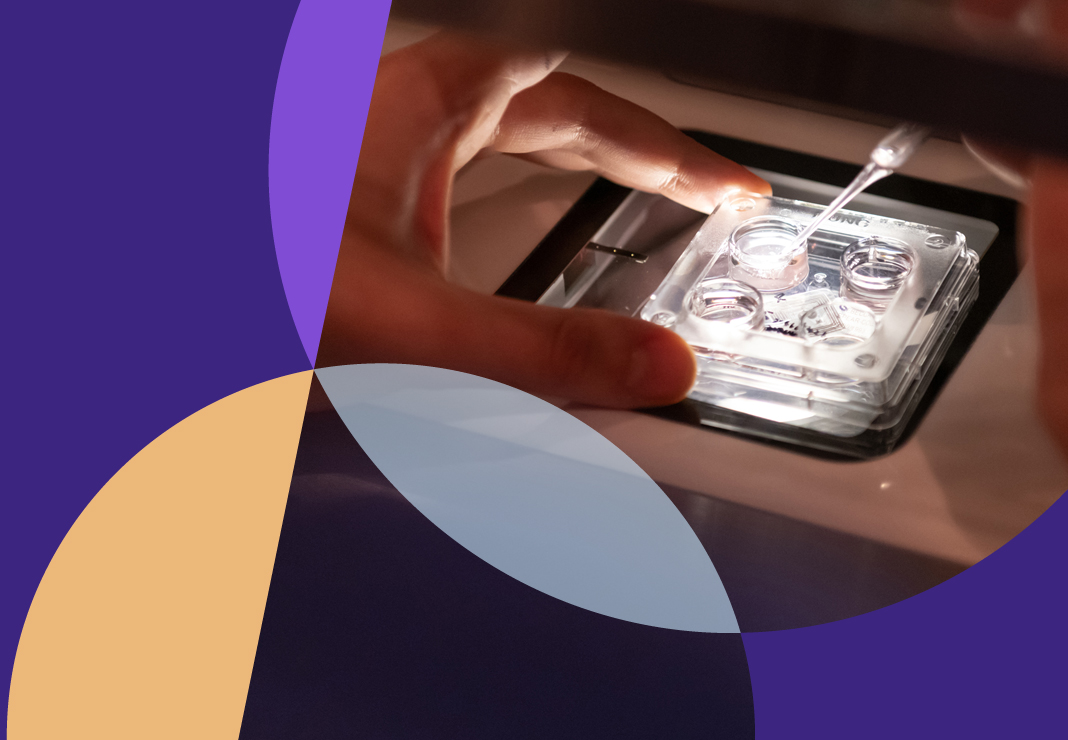
Egg freezing
About this page
- Last updated
Egg freezing is one way of preserving fertility so you can have children at a later date.
If you decide to preserve your fertility, it’s best to do it as soon as you can and more effective before you are 35 years old.
What to expect
The egg freezing process takes two to three weeks. Once you decide to proceed with egg freezing, we will offer you screening tests for HIV and hepatitis B and C. You will also need to give written consent for your eggs to be stored and specify what you would like to happen to your eggs if for some reason you are no longer able to make decisions about your healthcare. We will store your eggs for 10 years.
Treatment starts with drugs used to block the hormones that your pituitary gland produces during your monthly cycle. This helps control when your eggs are released. We will also offer you different drugs to stimulate your ovaries to release more than one egg in your cycle.
We will use vaginal ultrasound scans to monitor your eggs and use blood tests to chart your levels of estrogen. Once they reach the optimum level, we’ll give you another injection to help your eggs mature. 34 to 38 hours later, we will collect your eggs.
There are two methods we can use to collect your eggs. Using a vaginal ultrasound, the doctor will insert a hollow needle through your vagina into each ovary to collect each egg. You will be sedated with either a general anaesthetic or a medication that makes you drowsy. This procedure takes about 30 minutes.
Your eggs will be frozen using a process called vitrification. We will place the eggs into liquid nitrogen under carefully controlled conditions.
When you decide to use your eggs, we will thaw them and use them in the treatment of your choice. If you have eggs left over after treatment, you can choose to keep them, donate them or discard them.
Success rates
We estimate that there is approximately a 6% chance of pregnancy per egg frozen in women <35 years old. Therefore, the more eggs that are frozen, the higher the chances of success
Risks
Egg freezing is generally very safe and the risks involved are similar to a routine IVF cycle. These are mainly related to side-effects of the stimulation medication, such as ovarian hyper-stimulation syndrome.
As you age, the risk of pregnancy-related complications and health problems increases, whether or not you are using frozen eggs.
Visit HFEA about egg freezing
